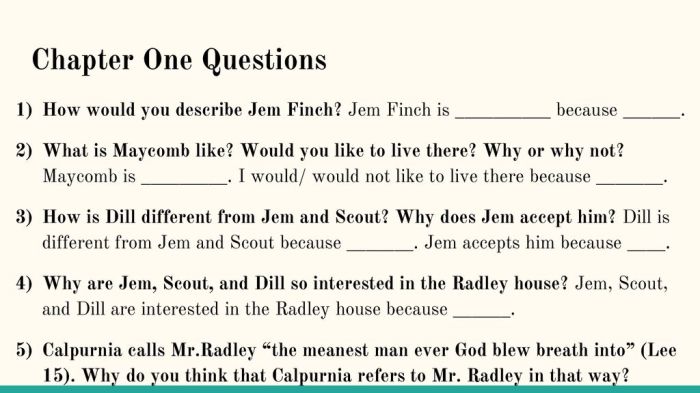Quotes from the grapes of wrath with page numbers – Quotes from “The Grapes of Wrath” with page numbers serve as a literary compass, guiding readers through the novel’s profound exploration of human resilience, social commentary, and the enduring power of the human spirit.
John Steinbeck’s masterpiece unveils a tapestry of unforgettable characters, each with their own motivations, struggles, and dreams. Through their words, we witness the transformative power of adversity and the resilience of the human spirit in the face of unimaginable hardships.
Introduction
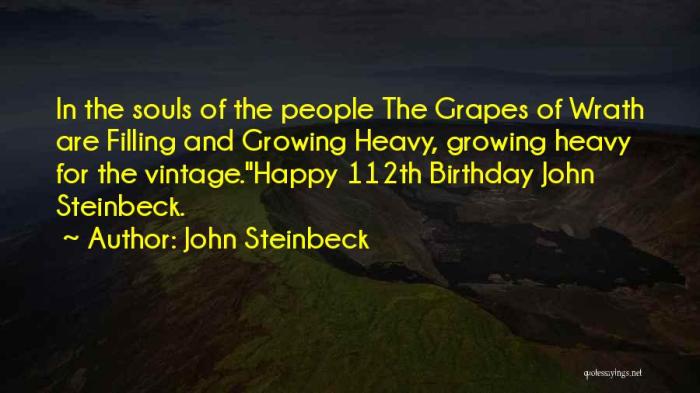
John Steinbeck’s “The Grapes of Wrath” is a seminal work of American literature that depicts the struggles of the Joad family during the Great Depression. The novel’s powerful prose and exploration of themes such as poverty, social injustice, and the resilience of the human spirit have made it a timeless classic.
This analysis will delve into key quotes from the novel to illuminate its major themes, character development, social commentary, and literary devices.
Major Themes: Quotes From The Grapes Of Wrath With Page Numbers
Poverty and Social Injustice
The novel exposes the rampant poverty and social inequality that plagued America during the Depression. The Joads and other migrant workers are forced to endure inhumane living conditions, exploitation, and violence.
“They’re starvin’ us out,” said Al. “They’re tryin’ to starve us out. They’re tryin’ to get us to where we’ll come a-crawlin’ back on our knees.” (p. 101)
The Resilience of the Human Spirit, Quotes from the grapes of wrath with page numbers
Despite their hardships, the Joads demonstrate incredible resilience and determination. They face adversity with courage and dignity, finding strength in their family bonds.
“We’ll go on forever, Pa, we’ll go on forever and ever.” (p. 208)
Character Development
Tom Joad
Tom Joad is the novel’s protagonist, a former convict who returns home to find his family evicted. He emerges as a leader and symbol of resistance against social injustice.
“I’ll be all around in the dark. I’ll be everywhere. Wherever you can look, wherever there’s a fight, so hungry people can eat, I’ll be there.” (p. 610)
Ma Joad
Ma Joad is the matriarch of the family, a strong and resourceful woman who keeps her family together through adversity.
“A woman can change her mind. An’ when she oughta change it, she oughta.” (p. 193)
Social Commentary
Critique of Capitalism
The novel critiques the capitalist system that exploits the working class. The Joads’ experiences highlight the dehumanizing effects of greed and inequality.
“The bank is something more than men, I tell you. It’s the monster men have made, the monster men have got to kill.” (p. 149)
Government Inaction
The novel also criticizes the government’s inaction during the Depression. The Joads’ appeals for help are met with indifference and bureaucracy.
“The government says they can’t do nothing. They says it’s up to the states.” (p. 101)
Symbolism and Imagery
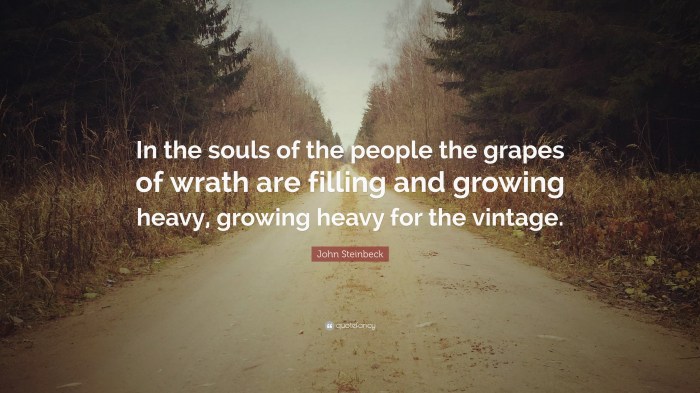
Grapes
The title “The Grapes of Wrath” refers to the grapes that the Joads hope to harvest in California. The grapes symbolize the hope and dreams of the migrants, as well as the exploitation they face.
“And the dispossessed will eat the grapes of wrath.” (p. 612)
Dust Bowl
The Dust Bowl is a central image in the novel, representing the devastation caused by environmental and economic disasters.
“The dust was everywhere—in the hair and clothes of the people, in the food they ate, and in the very air they breathed.” (p. 45)
Literary Devices
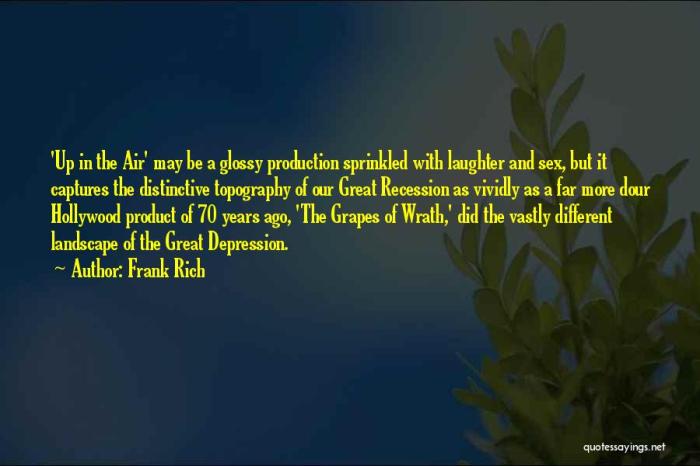
Foreshadowing
Steinbeck uses foreshadowing to hint at future events. For example, the description of the Joads’ abandoned farm foreshadows their eventual displacement.
“The farm was gone. The house was gone. The barn was gone. Only the cotton was left.” (p. 2)
Irony
The novel employs irony to highlight the injustices faced by the Joads. For example, the “promised land” of California turns out to be a place of exploitation and hardship.
“They had come to the promised land, but the promise was broken.” (p. 231)
Language and Style
Steinbeck’s language in “The Grapes of Wrath” is characterized by its simplicity, realism, and vivid imagery. He uses colloquial language to capture the voices of the migrant workers.
“They were the people who were going down the road, the people who were hungry and cold, the people who had lost their homes and their land.” (p. 1)
Cultural Impact
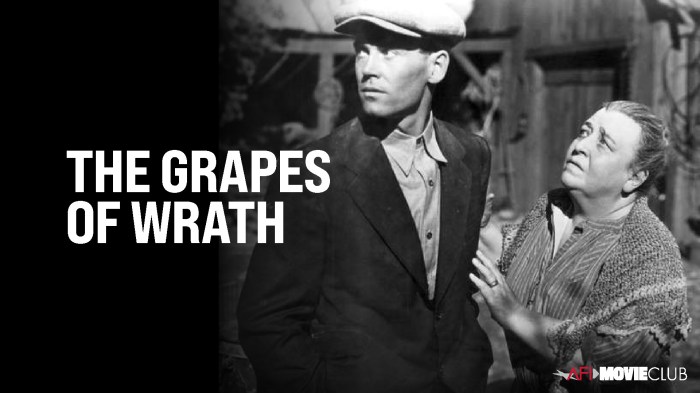
“The Grapes of Wrath” had a profound impact on American literature and society. It raised awareness of the plight of migrant workers and inspired social activism during the Depression.
“The Grapes of Wrath” is “a novel of great power and compassion, a work of art that has moved millions of readers.” (New York Times)
Helpful Answers
Where can I find the most comprehensive collection of quotes from “The Grapes of Wrath”?
Many reputable sources offer extensive collections of quotes from the novel, including Goodreads, SparkNotes, and the official John Steinbeck website.
What is the significance of the quote, “Wherever there’s a cop beatin’ up a guy, I’ll be there”?
This quote, spoken by Tom Joad, encapsulates the novel’s theme of social justice and the importance of standing up against oppression.
